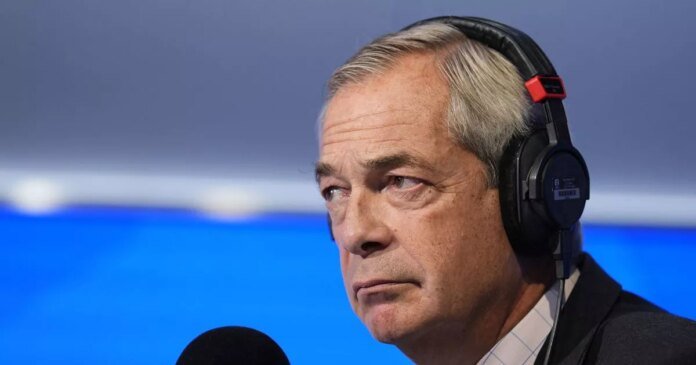Nigel Farage’s recent alarming comments on paracetamol have raised concerns about his suitability for the role of Prime Minister. Instead of supporting medical experts, Farage failed to distance himself from Donald Trump’s debunked claim linking the painkiller to autism in infants.
This is not the first time Farage’s party, Reform, has endorsed controversial views. Dr. Aseem Malhotra, at a recent conference, promoted a conspiracy theory alleging a connection between Covid vaccines and cancer in the royal family. Such baseless assertions can create unnecessary fear, especially among pregnant women and families considering vaccination for their children.
Farage’s tendency to echo Trump’s inflammatory remarks, such as suggesting Eastern Europeans are eating swans in British royal parks, contributes to anti-migrant sentiments. Additionally, his proposal to eliminate a key route to British citizenship for legal residents has raised concerns about the impact on individuals and essential services like the NHS and care sector.
While Farage aims to emulate Trump’s approach, his alignment with the former US President’s extreme views may not resonate well with the British public. Despite Reform UK’s current popularity in polls, winning over mainstream voters requires distancing from conspiracy theories and adopting more thoughtful migration policies.
To appeal to a broader audience, Farage must address key issues beyond immigration, such as healthcare, education, and the economy. Labour, on the other hand, faces the challenge of addressing community grievances and rebuilding trust in governance. The strategy of scapegoating immigrants as the root of societal problems oversimplifies complex issues and ignores the multifaceted solutions needed to enhance public services and opportunities.
As political parties navigate these challenges, it is crucial to offer comprehensive plans that secure borders while addressing broader concerns. Failure to do so risks alienating voters and leaving room for divisive rhetoric to influence public opinion negatively.

